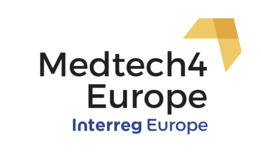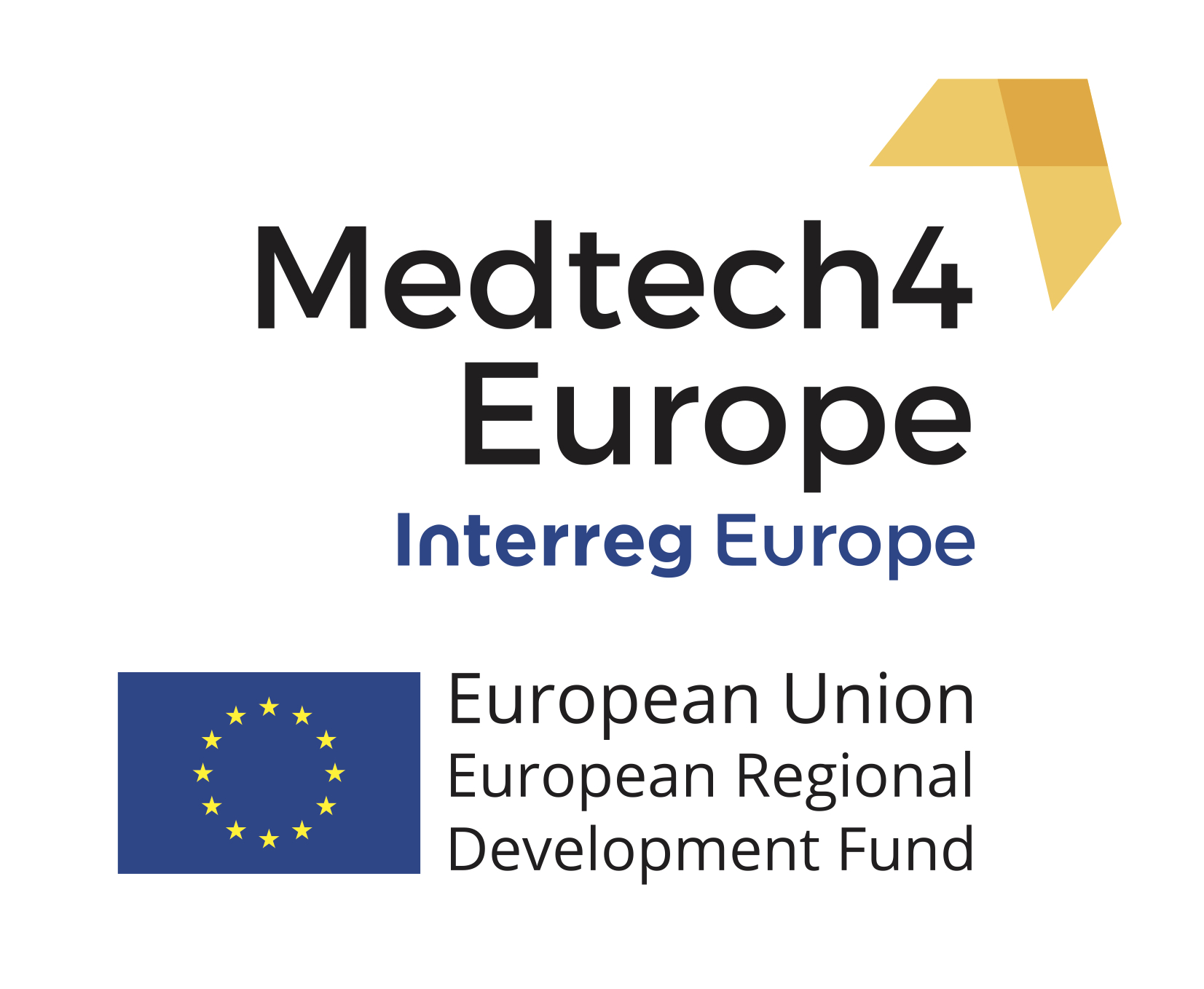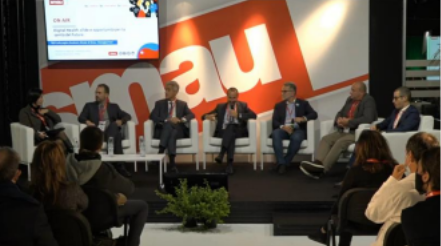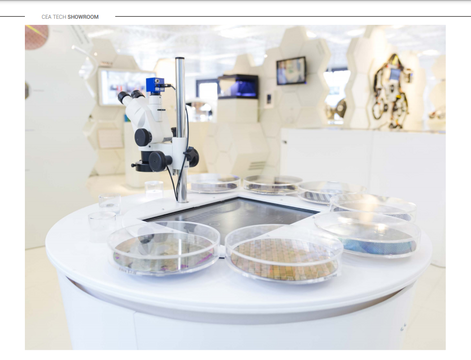The Polish partner of the Medtech4 Europe project, Upper Silesian Agency for Entrepreneurship and Development Ltd. (GAPR) is initiator and Lead Partner of the SMART_Watch Central Europe transnational project. Given the fact that business support organisations, R&D institutes and regional authorities are the pillars of the innovation systems, these actors monitor technology trends and market developments in the area of smart specializations or regional authorities implementing the RIS, to scrutinize upon good practices, pitfalls, and bottlenecks of their activities. Linked to – among other smart specialisation fields – medical technologies, on 29 May, 2020. GAPR organised the SMART_watch final conference with over 220 participants joining in a form of a webinar titled “What’s next…?”. The online event was a good opportunity event to share Good Practices and provide for inspiration of university teachers, lecturers, trainers, consultants and further professionals/decision makers constituting the regional innovation ecosystem. In this news we provide a more detailed insight into the different lectures of the event, as medical technologies may receive impetus from several smart specialisation fields as well.

SMART_watch project partnership invited renowned experts to the event so as to share their opinions on the future of research and technology development in Europe. This event was organised to summarise findings of the Interreg Central Europe project, within the framework of which business support organisations and regional authorities networked to understand successful ways of delivering observatory services to companies in their locations.
Karolina Tilman from DG Regio opened the webinar with her keynote speech concerning “What's next in S3 - post 2020 scenarios”. Not only did she present the general information on the current status of cohesion policy programming, but first of all she commented upon expected changes concerning smart specialisations. The speaker stressed focus on capacity building, scale-up and further explorations of niches. Her presentation was full of technical hints relevant for policy programming, including perspective on so-called component 5, i.e. interregional innovation investments through the commercialisation and scaling up of interregional innovation projects having the potential to encourage the development of European value chains. The speech was followed by Q&As concerning the timeline of S3 EU policy approval, the issues of smart specialisation strategy good governance assessment (expected to be the enabling condition) and support to initiatives dealing with technology projects at low technological readiness level.

The next session aimed to answer the question of challenges for business support organisations in the forthcoming years with regards to smart specialisation and post-COVID recovery. Artur Ochojski from Upper Silesian Agency for Entrepreneurship and Development and Monika Ptak-Kruszelnicka, leading the S3 Unit of the Marshall Office of Slaskie Voivodeship, discussed how the SMART_watch outputs could be utilised in 2020+. They provoked the audience not to think in a perspective of ‘service’ nor ‘customer’. Instead they proposed to be open towards ecosystem thinking. Monika Ptak-Kruszelnicka presented the Silesian concept of the Regional Observatory Network with industry-related organisations (business support organisations, research institutes) gathering and sharing knowledge on regional specialisations. While she pointed out that the region is going to continue this approach with inputs from the SMART_watch partnership; Artur Ochojski encouraged all European business support organisations to join the SMART_watch platform and continue interregional collaboration in their respective S3 thematic fields. Details can be found at www.smartspecialisation.tech.







